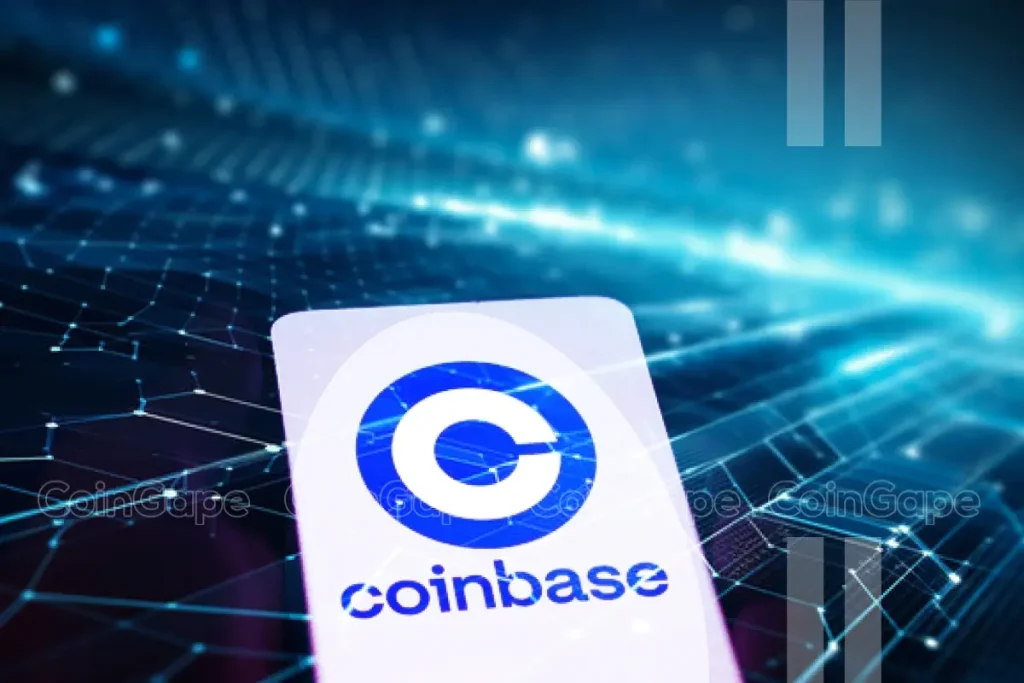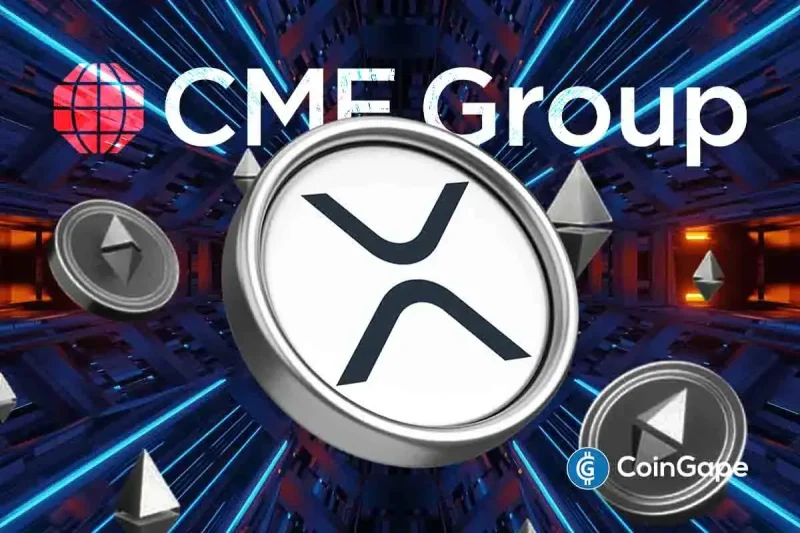Coinbase Partners with PayPal to Offer Free PYUSD Stablecoin Conversions


Coinbase and PayPal have expanded their partnership to offer free conversions between PayPal’s stablecoin, PYUSD, and US dollars.
This is to enhance the utilization of stablecoins in digital payments, which is a positive development both for firms in their attempt to adopt blockchain technology within the conventional financial markets.
Coinbase Partners with PayPal to Support Stablecoin Usage
PayPal and Coinbase have teamed up to offer zero-fee conversions for PYUSD on Coinbase’s platform. So, from now on, it is possible to buy, sell, and trade PYUSD without fees on the platform. Furthermore, Coinbase users will be able to exchange their PYUSD 1:1 for US dollars. This arrangement seeks to demystify the stablecoin and ensure that its use is feasible in day-to-day activities.
PayPal’s president and CEO, Alex Chriss, also praised the partnership, saying,
“We are thrilled to advance new, exciting, and innovative use cases with Coinbase and the broader crypto ecosystem, with PYUSD at the core of it and focusing on adding value and more utility to Digital currencies for developers, customers, and other consumers.”
The move also includes more support for the merchants. PayPal also plans to bring PYUSD to its global network of merchants, which could expand the utility of stablecoins in real-world transactions. Amid these developments, the crypto exchange Coinbase filed with the CFTC to launch XRP futures earlier this month, offering a regulated way for investors to gain exposure to XRP.
Increased Utility for Coinbase Customers
Coinbase’s involvement is invaluable since it provides a direct gateway to millions of potential customers. With this new partnership, the crypto exchange plans to incorporate PYUSD into its services to provide users with a quick means of exchanging USD for PYUSD without incurring a fee. This zero-fee applies to Coinbase’s retail usage and also applies to institutional clients.
Brian Armstrong, the CEO of Coinbase, highlighted the benefits of this partnership for the broader cryptocurrency community, stating,
“Their more than 430 million consumer and merchant accounts offer an unprecedented opportunity to increase stablecoin adoption globally.”
This will also serve institutions which have already embraced crypto to get more out of PYUSD, thus making stablecoin make more rounds in business-to-business transactions.
Expanding DeFi and Digital Payments Applications
While PayPal and Coinbase are working on enhancing the fiat to stablecoins gateway, they are also considering expanding in decentralized finance (DeFi) and blockchain payments. These two firms have agreed to develop new applications for PYUSD within these sectors to ensure that the digital currency is not restricted to just the financial sector alone.
According to Lauren Abendschein, Global Head of Institutional Sales at Coinbase,
“This is a partnership that is all about advancing the future of global payments, taking stablecoins mainstream, pushing forward this technology.”
As PayPal explores more decentralized exchanges (DEXs), it hopes to offer users the ability to make payments directly in PYUSD, without relying on traditional intermediaries.
Coinbase Expansion and Legal Challenges
Furthermore, the development of its business relationship with PayPal is just one of the many fronts on which Coinbase has been active. The exchange is continuing with the process to expand in different markets.
This includes opening a new office in Charlotte North Carolina and employing hundreds of people from that area. Such actions would show how Coinbase is expanding its operations in the United States and blending with the community.
Despite the expansions, the crypto exchange is still navigating regulatory hurdles, including a lawsuit concerning its staking services and a lawsuit by Oregon AG Rayfield. However, adding to the list, Alabama has dropped its enforcement action against the company related to its staking program.
The post Coinbase Partners with PayPal to Offer Free PYUSD Stablecoin Conversions appeared first on CoinGape.





